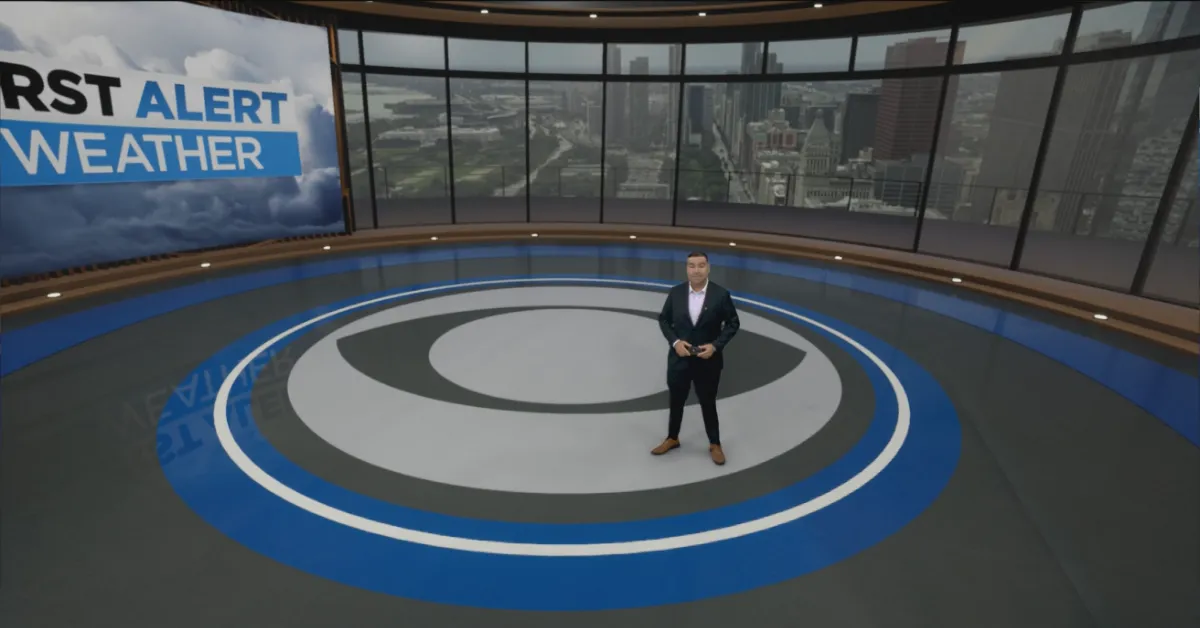
Skydance Media and its CEO David Ellison are set to reinstitute a “performance-based culture” at CBS News when the company’s $8 billion merger with Paramount is finalized next year.
That is according to a high-level source close to Ellison who spoke with the Financial Times this week, who said the journalistic mission of CBS News should take center stage at the network.
“The news lost its way — it became extreme, elitist, and performative,” the source, whom the Financial Times did not name, said in an interview. “People like (Late Show host Stephen) Colbert and others act like they’re the (intellectual property), the value, when it’s the brand and journalism that matter.”
Ellison is already putting his plan in motion, holding high-level discussions with the publisher of the Substack newsletter The Free Press to explore an acquisition of the outlet, according to numerous reports over the past week. Bari Weiss, the publisher of The Free Press, is seeking at least $200 million for the outlet, the Financial Times previously reported.
Ellison has also committed to hiring an ombudsman to oversee the editorial direction of CBS News with a focus on objectivity and balance, according to other reports. The move was intended to smooth things over with members of the Trump administration — specifically, Brendan Carr, the Chairman of the Federal Communications Commission, who held up a key element of Paramount’s merger with Skydance until he received assurances from executives at both companies over the direction of CBS News.
For months, the Paramount-Skydance deal remained in limbo while the companies sought approval from the FCC for the transfer of CBS-held local TV broadcast licenses. Carr delayed the issue until Paramount settled a news distortion lawsuit brought by Trump last year and delivered other assurances that were separate from the settlement. The commitment of an ombudsman was one of those assurances. The FCC approved the license transfers last week.
Gabriel Khan, a former editor at the Wall Street Journal who now teaches at the University of Southern California’s communications school, said those agreements could wind up being a long-term headache for Skydance because it will subject them to a higher level of scrutiny from the FCC compared to other broadcast companies.
“If they don’t please Brendan Carr, they could find they’ve got excessive oversight and interference from the FCC,” he warned.

At least one former FCC official agrees with Khan’s analysis of the situation.
“The Skydance review had nothing to do with traditional competition analysis, nor traditional public interest concerns,” the ex-FCC official, Blair Levin, said in an interview. Broadcasters are typically required to adhere to an open-ended “public interest” standard as a condition of their FCC-issued license to use radio spectrum for their TV signals.
“The public interest now appears to be whatever the FCC chair thinks it is,” Levin warned.

